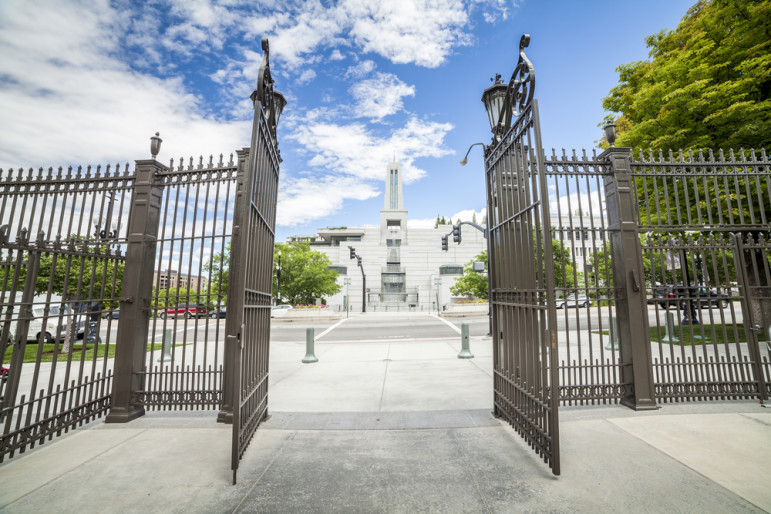
November 12, 2015; KUTV-TV (Salt Lake City, UT)
The fact that the Boy Scouts have not raised as much as in previous years in Utah may have less to do with the new more liberal policy at the BSA and more to do with a growing split between the Mormon Church and its parishioners on LGBT issues.
The largest Boy Scouts branch in the country (and getting larger) is based in Orem, Utah. The Utah National Parks Council serves 90,000 scouts, of which 94 percent are Mormon. Stan Lockhart, the president of the council, says their membership numbers are at an all-time high and are expected to grow by 44 percent over the next 20 years. Despite all that growth, though, Lockhart says some of its 70 employees may be laid off as a result of recent fundraising shortfalls.
Sign up for our free newsletters
Subscribe to NPQ's newsletters to have our top stories delivered directly to your inbox.
By signing up, you agree to our privacy policy and terms of use, and to receive messages from NPQ and our partners.
Without saying by how much it is short, he blames the problem on the recent decision to allow gay scout leaders. Local charter branches are free to choose their own leaders, even if they decide to discriminate, but the National body was clear that any lawsuits would be handled by those local groups. While there were worries about the possibility that the LDS church would sever its ties, that did not happen; instead, it opted to retain its relationship with the Boy Scouts.
Rick Barnes, executive leader of the Great Salt Lake Council, the second-largest council in Utah, says there is ongoing confusion about the church’s stance. Barnes said his branch purposely postponed their fundraising campaign following the national ruling, and this whole scene provides some clue about why fundraising may be down. If the branches are cautious and uncomfortable about their position within the community given the new policy, it may very well be that that feeling transmits itself to donors. The fact that membership numbers are up, on the other hand, may indicate that the community is less concerned than are the church and the council leaders.
Meanwhile, a new rule that disallows children of same-sex couples from receiving baptism and participating in naming ceremonies is creating a furor within the church itself. The New York Times reports that the rule was evidently not meant to be made public, but it was sent in a confidential email to leaders of 30,000 congregations. Soon leaked to the news media, the provision created a wave of 1500 resignations from the church on Saturday.—Ruth McCambridge












